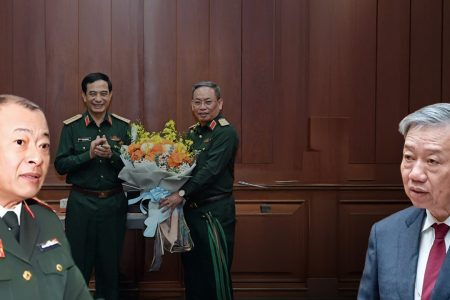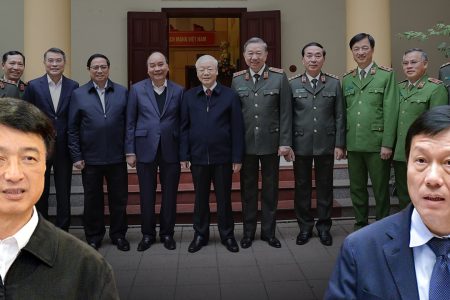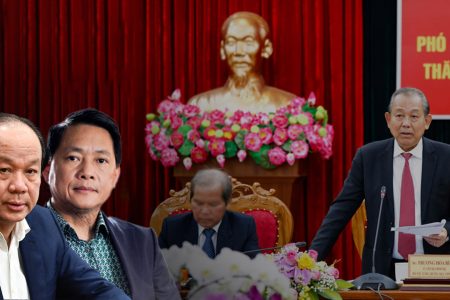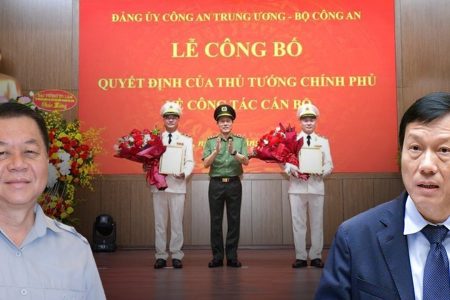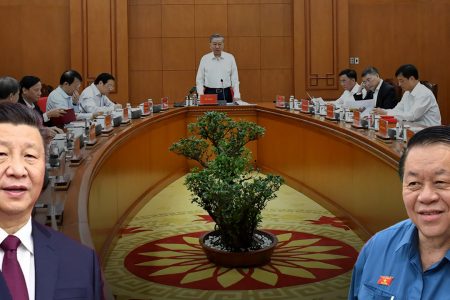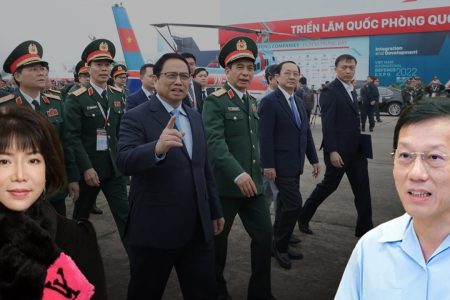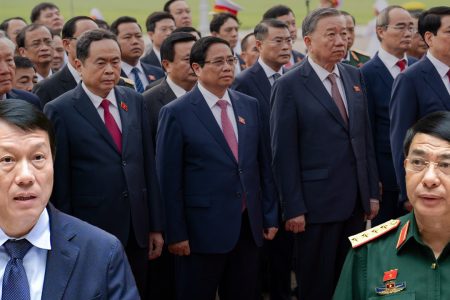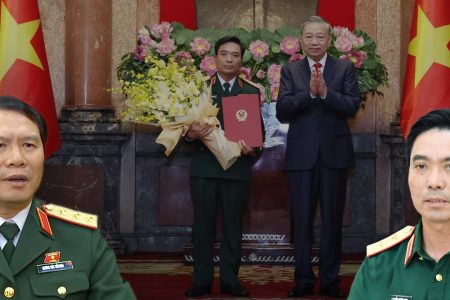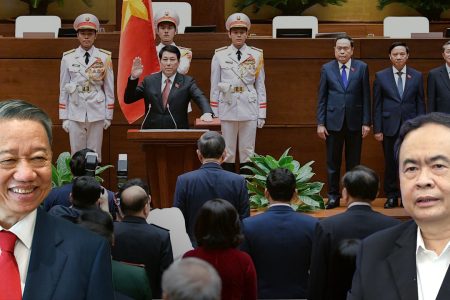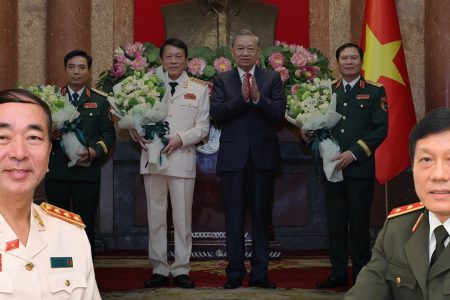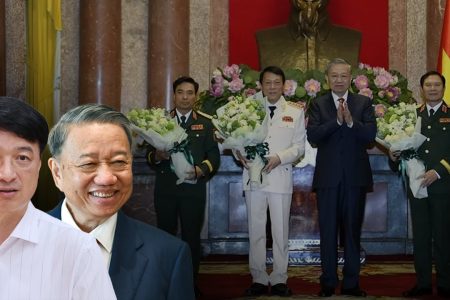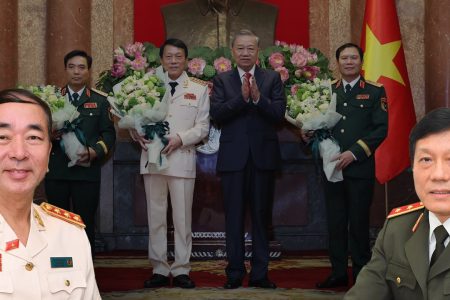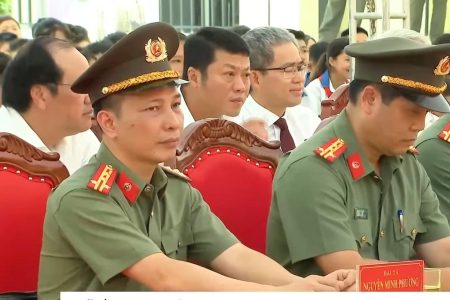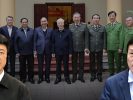
The abbot of Ba Vang Pagoda, Thich Truc Thai Minh, brought the statue of Kinh mercenary Wu Hon – a ruler of China’s Tang Dynasty in Vietnam during the Northern colonial period, to be worshiped in his pagoda. Afterwards, the Inspectorate of the Ministry of Culture, Sports and Tourism issued a document requesting the Quang Ninh Department of Culture and Sports to handle this case according to regulations.
Public opinion not only disagrees with the fact that Ba Vang Pagoda worships Chinese mandarin, but also sees that the pagoda is a place to worship Buddhas and gods, not a place to worship mortals, even atheists.
It is impossible to put a “mortal person” on the same level as the Buddha to worship. Don’t just arbitrarily, worship like that in such an unreasonable way. Because any religion has its own philosophy, teachings, and dharma.
In Vietnam today, there is a very common phenomenon: many pagodas put a statue of Ho Chi Minh on the altar on par with Buddha. But they do not know that such arbitrary worship is an act of blasphemy against their own idols.
In Vietnam today, the figure of Ho Chi Minh is no longer considered a purely historical figure, but also a spiritual “symbol.” Some temples and many families worship Mr. Ho. It can be considered a kind of “Ho Chi Minh belief” even though when he was alive, Ho was an atheist.
Is it true that the worship of Ho Chi Minh is not simply an expression of belief, but a political phenomenon, under the deliberate and implicit promotion of the authorities?
In recent years, the state-controlled media has had many articles praising the worship of Ho Chi Minh as a cultural beauty. Ho Chi Minh’s temples were all built with money from the state, springing up like mushrooms, serving as a premise for later Ho Chi Minh monuments.
The construction of Ho Chi Minh temples is one of the policies to “deify” the leader of the Communist Party of Vietnam, using the state budget – meaning people’s tax money, is something everyone knows. But the fact that people brought Ho Chi Minh to the temple to worship is unacceptable.
True monks and Buddhists see that it is impossible to bring Ho Chi Minh to the Three Jewels, even placing his statue at other altars in the temple is very offensive. But the problem is, worshiping this type of association is a way of degrading Mr. Ho.
Meanwhile, Ho Chi Minh was a leader with a very great position, people built him a huge mausoleum in the middle of Ba Dinh political center. In addition, there are hundreds of large and small temples worshiping Mr. Ho, built across the country, costing people a lot of money and effort. So why do we have to send him to Buddha’s door so people can worship and make offerings? Unintentionally, did they turn Mr. Ho into a “Buddhist beggar“?
Through research, many pagodas do not want to worship Ho Chi Minh, because it would lose the purity of Buddhism and lower Ho Chi Minh’s reputation. But once that is the policy of the Party and government, it is mandatory for temples to implement it. The government forces them to do it.
Public opinion suspects that, perhaps, because the leaders of the Communist Party of Vietnam, when in office and in power, regularly visit Mr. Ho Chi Minh’s mausoleum during important events, until they retire or lost power.
As a reminder, on Ho Chi Minh’s birthday, May 19, 2016, on his personal Facebook page, Professor Ngo Bao Chau wrote: “If you love someone, you hope they will escape the cycle of reincarnation, don’t force them to live forever in our life.” And this status received tens of thousands of likes, hundreds of comments and thousands of shares, but was removed after about two hours of posting.
Thoibao.de (Translated)



